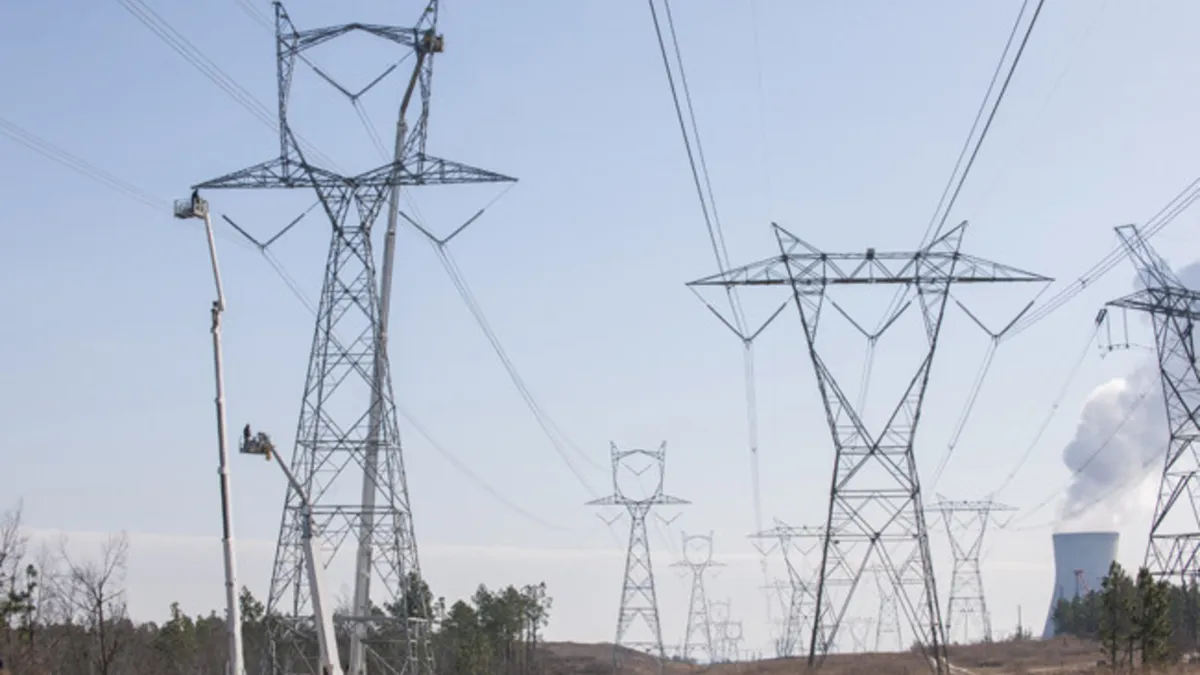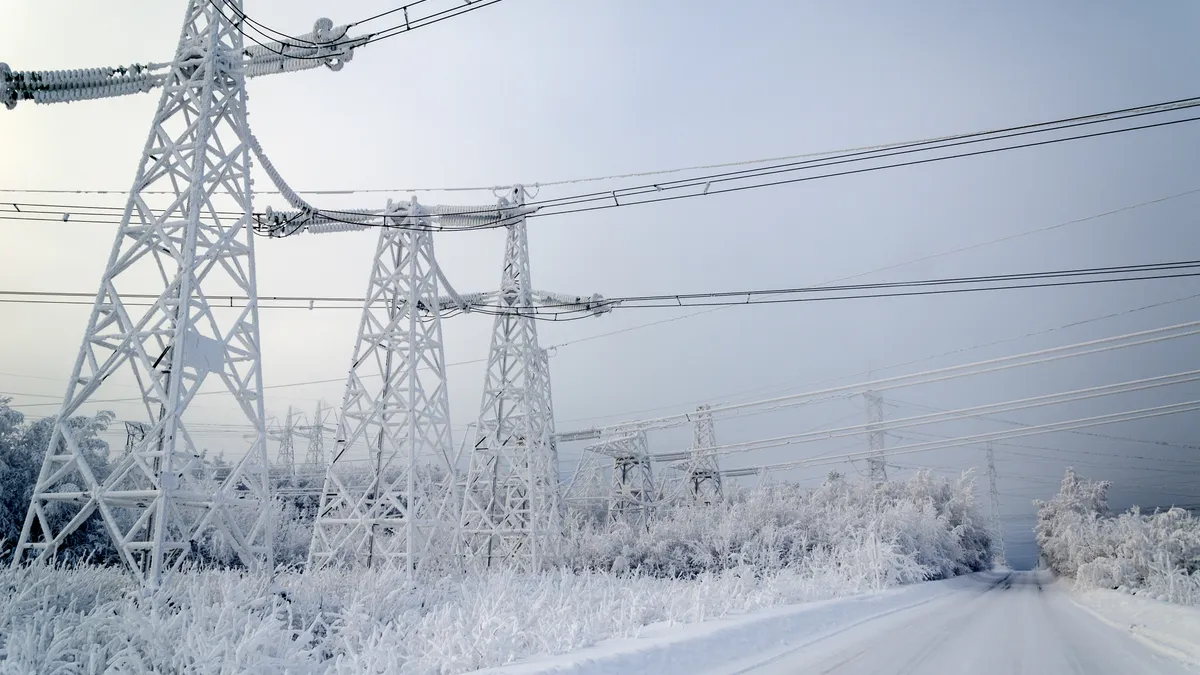Exelon expects the PJM Interconnection’s latest capacity auction for the 2025/26 delivery year will likely lead to double-digit rate increases for some of its utility subsidiaries, including Baltimore Gas and Electric, a company official said Thursday.
The size of the rate increases will depend on transmission capacity constraints and power supply contracts that are in place, Jeanne Jones, Exelon chief financial officer and executive vice president, said during a second-quarter earnings conference call.
Exelon owns six utilities with 10.5 million customers in Delaware, Illinois, Maryland, New Jersey, Pennsylvania and the District of Columbia — all part of PJM’s footprint.
PJM on Tuesday said its latest capacity auction produced record-high prices, including $269.92/MW-day for most of the grid operator’s footprint, up from $28.92/MW-day in the last auction, and $466.35/MW-day for the BGE zone in Maryland. The prices will take effect on June 1.
“The price signals that we saw this week clearly indicate a need for infrastructure investments in our footprint, particularly in BGE [territory], both generation and transmission,” Calvin Butler, Exelon president and CEO, said.
In response to an analyst question if Exelon was in talks with state regulators for a pathway for its utilities to own power plants, Butler said: “We're working with our commissions on all types of scenarios. We shouldn't take anything off the table because we need to address this issue and ensure affordability and equity is at the forefront of all discussions.”
FirstEnergy officials said this week they are also talking to utility commissions about ways to get power plants online outside of PJM’s capacity market.
The auction results highlight electricity affordability, an issue Exelon has been focused on, according to Jones.
“We need to get to a solution, whether it's more generation, whether it's more transmission,” Jones said.
However, with rising electricity rates, utility regulators may tamp down on utility spending plans, according to Paul Patterson, an equity analyst with Glenrock Associates. “Look at all this [planned capital spending], but are people really in the mood for it?” he asked. “As analysts, we don’t focus on [affordability] until the ability to raise rates is impaired.”
Exelon expects to spend $34.5 billion on capital investments from 2024 to 2027, resulting in expected rate base growth of 7.5%, the company said in its earnings presentation.
Here are four other takeaways from the earnings call.
Data center development surges. Illinois has a “robust” data center market, according to Gil Quiniones, president and CEO of Exelon’s Commonwealth Edison.
ComEd has more than 5 GW of data center projects in the engineering phase, in which the developer has paid the utility to begin preparing for the project, and some have paid deposits so ComEd can order equipment like transformers and breakers, Quiniones said.
Another 13 GW “are knocking on our doors, making inquiries [and] very interested in coming to our jurisdiction,” he said, noting Illinois approved tax incentives for data centers in 2019.
PECO Energy, an Exelon utility serving southeast Pennsylvania, is beginning to see increased interest in data centers, with “a number” of projects in the engineering phase, according to PECO President and CEO Dave Velazquez.
Growth in high-density load — such as data centers, solar panel production and electric vehicle battery manufacturing — is one of the reasons why Exelon earlier this year increased its planned transmission spending by 45% to $9.7 billion over the next four years, Jones said.
Why did Exelon challenge the Talen-Amazon agreement? Exelon is concerned about the way co-located electricity customers share some of the costs of maintaining the grid that they can rely on, Butler said. In late June, Exelon joined American Electric Power in challenging an interconnection service agreement that would support an Amazon data center next to a nuclear power plant in Pennsylvania that is majority-owned by Talen Energy.
“Users of the grid should pay their fair share, and while there may be unique opportunities to leverage land and equipment at generation plants to get data centers online quickly, they are still connected to the grid and are benefiting from a host of services that the grid provides,” Butler said.
The Federal Energy Regulatory Commission is expected to respond to the proposed amended interconnection service agreement on Aug. 2.
ComEd nears agreement on FERC audit. On Tuesday, ComEd reached an agreement in principle on a FERC audit that found the utility improperly allocated certain overhead costs to capitalized construction costs, Exelon said in its quarterly report with the U.S. Securities and Exchange Commission. As a result, ComEd recorded a $70 million charge. The final settlement is subject to FERC approval.
Exelon Q2 income jumps 31%. On the financial front, Exelon’s second-quarter income jumped 31% to $448 million, or 45 cents/share, from $343 million, or 34 cents/share a year ago, partly on rate hikes and favorable weather, the Chicago-based company said in a press release. Revenue grew to $5.4 billion in the second quarter from $4.8 billion in the same period last year.
























